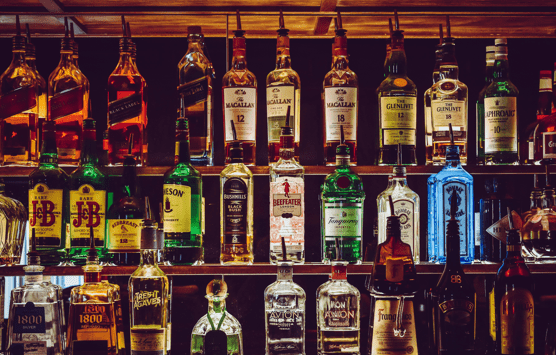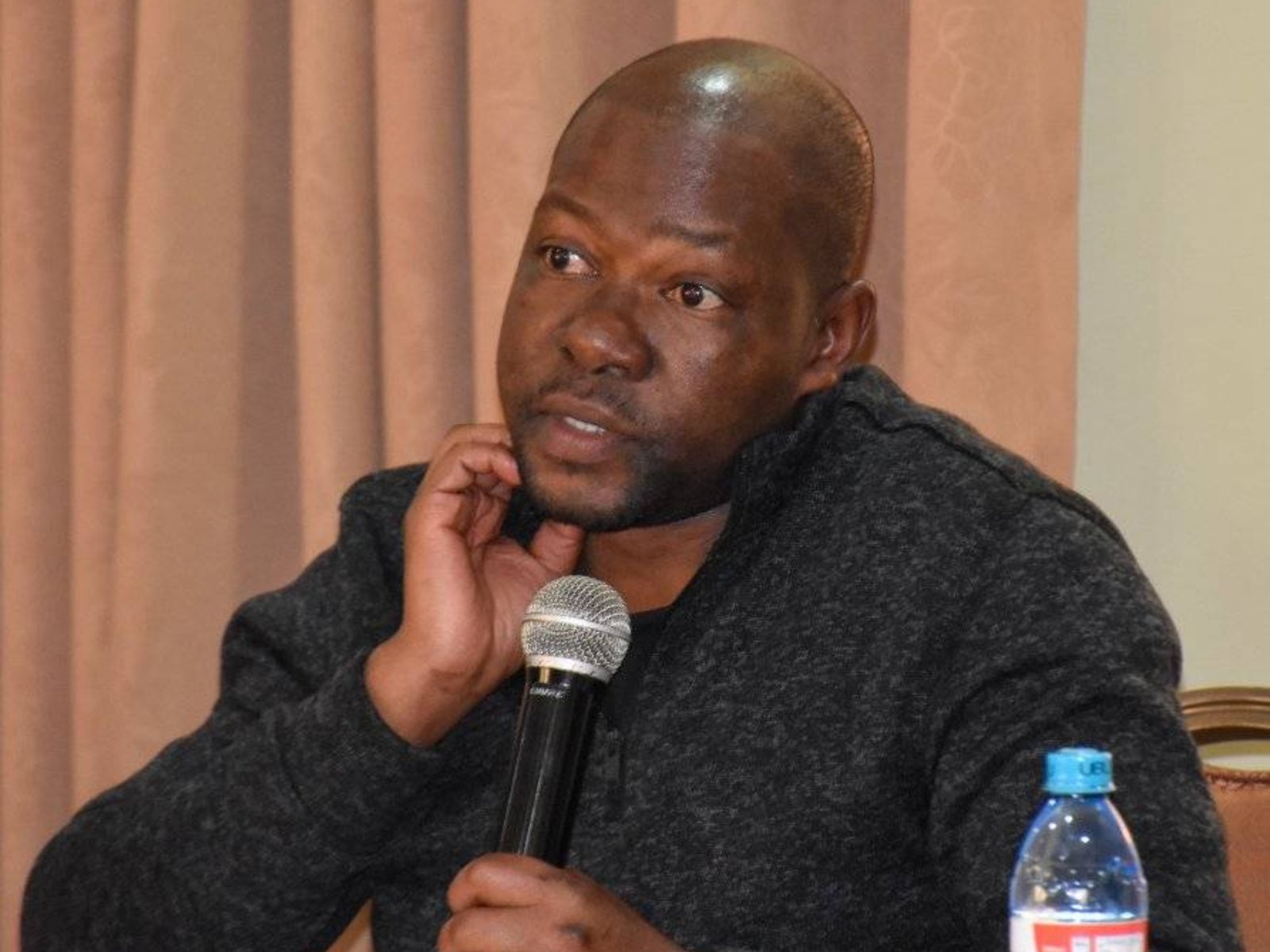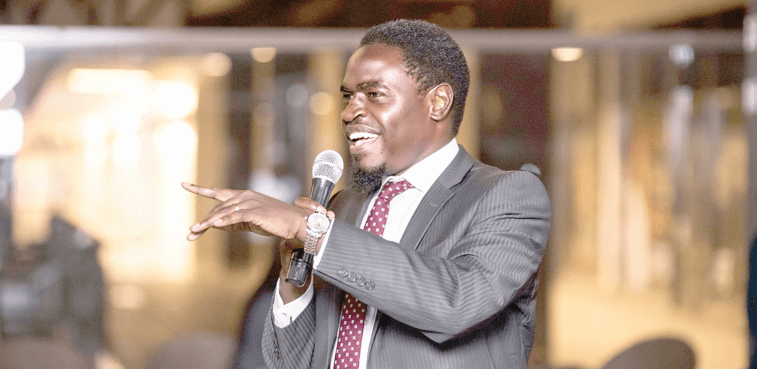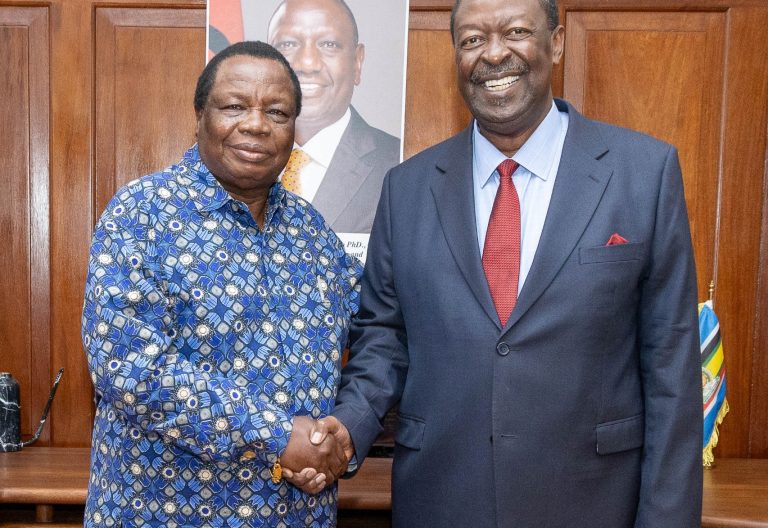Gender disparity in Kenya’s entertainment industry
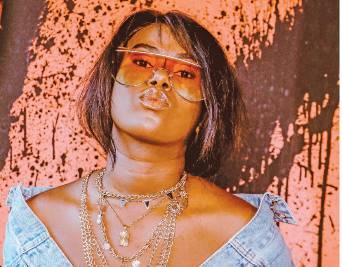
The entertainment industry is highly male-dominated with multiple surveys by outlets such as Tunecore and SOS Music Media proving so. These reports reveal that women representation is scarce in the industry, digital service providers’ algorithms do not favour female artistes, there is a bias and objectification agenda against women in the industry. Women in the industry are also grossly underpaid.
Be it in music, film, visual arts, modelling, performance arts and so on, there is vile cronyism and sexism that is plaguing the ascent of women in arts and entertainment higher up.
Berklee College of Music masters graduate Nicole Kaneda is angered by the imbalance in men and women representation in the creative industry.
“The music industry is a male-dominated field. I was the only female in my undergraduate class, which shows you how many females want to be in the industry. We jump through a lot more hoops just to get recognition. There’s no woman that has ever received a Grammy for music production, but trust me, (it will happen) soon,” she tells Spice.
Compromising positions
For a long time, women have been victims of uncomfortable approaches in the arts world. In Kenya, these happenings are more common than not, as in the case of producer Jaaz Odongo, who was caught in the crosshairs with skyward artiste Janice Iche.
In the modelling and film industries, women are put in compromising positions by their employees to either toe the line, or risk their livelihoods.
“Unfortunately yes. I’ve worked and not gotten paid my dues. I’ve been profiled several times because for some absurd reason, many people think models are just pretty faces and often they try to use us. It is so unfortunate that people who are supposed to be the mentors and guides are the very people that subject us to sexual harassment and poor working conditions,” former Miss Earth Water Kenya Tracy Ngeno opens up and hopes that by sharing her story, other women can find the courage to speak on the misconduct and ills behind the scenes.
Up-and-coming model and actress Melvin Tilia says due to such injustices towards models, some of them are going into spells of depression and low self-esteem.
She says, “Being in the field for some time now, I freely bond with fellow models and they never shy away from airing out their experiences. Some had their self-esteem really dimmed, some went to the extent of doing away with modelling and changing careers despite their love and passion for modelling.”
In an optimistic mood, there are many women doing marvellous things in the industry. For instance, Ruby Vivienne is the only woman in Kenya and East Africa to have her own guild gala—the Unkut Hip-hop Awards.
“I don’t think about it that way. I just think I’m in a position that any other person who’s passionate about Kenyan hip-hop would use in the same way I have. Being in the middle of all this is dope though. It’s all exciting,” she alludes to not paying attention to the gender wars.
Sexist connotations
In fashion, stylist and all-round creative director Rose Wakirindi aka Luca Kenya proves that women no longer have to dumb down their aspirations and pursue career choices that are seen as “women-oriented” because that’s a sexist connotation.
“I don’t abide to societal norms because those are constructs created to limit us as women. I believe women can make their own decisions, and take up responsibilities in any field they desire. There is no such thing as a man or woman’s job. It should all be based on merit,” she says.
Rapper, singer and songwriter Groovy Jo says that it’s important to define boundaries when working with people in the industry, so as to not blur the lines between the professional and the personal. Her management company Kipepeo Agency is re-defining the conversation around women rights and protection in the music industry.
“Mixing work and pleasure is the biggest mistake you’ll ever make. Date outside your circle if you want to date. I work with a lot of guys and I define boundaries. Beware of thirsty men giving you false hope and dreams in return to engage in some weird activities such as sex. If anyone comes at you with this energy, it’s best to avoid them,” she advises.
She says in conclusion that there are a lot of ‘sex-based transactions’ as a form of gate-keeping that is targeting women in the industry and urges up-and-coming female artists to be cognisant and be assertive in themselves.


